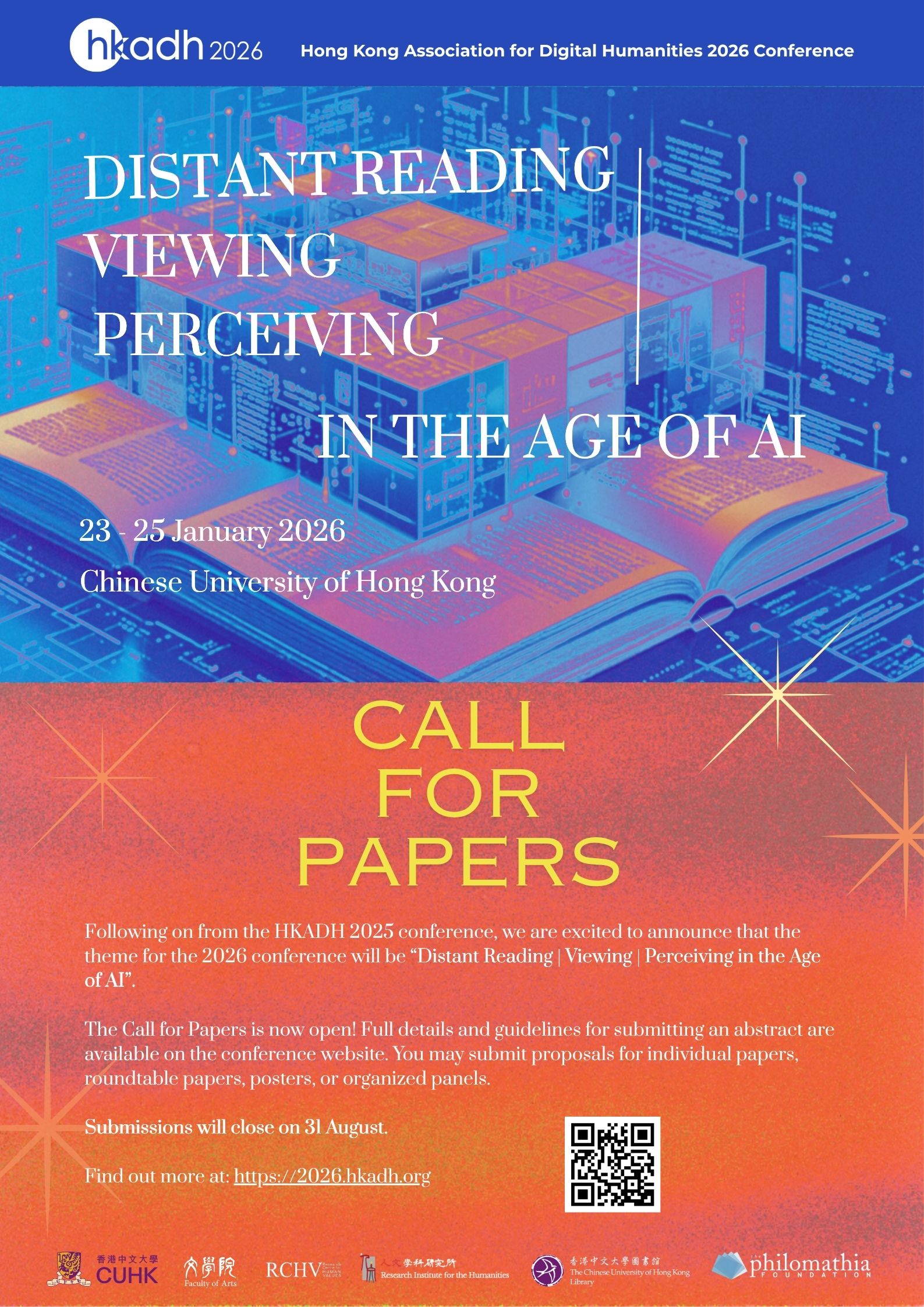
Speaker
Adam Yuet Chau
Department of East Asian Studies, University of Cambridge
Adam Yuet Chau (PhD in Anthropology, 2001, Stanford University) is Professor of the Anthropology of China, teaching in the Department of East Asian Studies, University of Cambridge, and is a Fellow at St. John’s College. He is the author of Miraculous Response: Doing Popular Religion in Contemporary China (Stanford University Press 2006) and Religion in China: Ties That Bind (Polity Press 2019), and editor of Religion in Contemporary China: Revitalization and Innovation (Routledge 2011). He is currently editing a volume entitled Chinese Religious Culture in 100 Objects. Other book projects investigate how ‘spheres’ (jie) help form the modern Chinese sociopolitical community (co- authored); hosting (zuozhu) and forms of powerful writing (‘text acts’) in Chinese political and religious culture; spirit mediumism in Shaanbei (co- authored). He is interested in developing better ways of conceptualising religious life taking off from Chinese contexts (e.g., through concepts such as ‘modalities of doing religion’ and ‘ritual terroir’).
Event Details
This paper introduces a conceptual schema that will facilitate the analysis of both specific cultural phenomena and cultural formations in the aggregate. It involves three key terms: cultural logics, cultural forms and institutional/structural forms. Local societies everywhere consist not only of institutional/structural forms – such as households, villages, tribes, clans, religious organisations, kinship networks, political alliances, businesses – but also cultural logics that activate and mobilise local people to create, maintain, and do things with these institutional/structural forms, and, most importantly, do these things collectively. I define cultural logics as operating principles and interpretive models for the organisation of social relations and social life that have been transmitted from generation to generation. The readily-available performative mechanisms that make manifest these cultural logics and channel the social energy of those involved are the cultural forms. For example, patrilineality is the cultural logic informing the annual hosting of ancestors (as a cultural form, among many other related cultural forms) that result in the reproduction of lineages and patriarchal households (as institutional/structural forms). Such conceptual abstracting reveals certain pervasive cultural forms that integrate multiple domains of native life, thus aiding the understanding of particular societies at a much deeper level. I will illustrate with two cultural forms: hosting and ‘doing the series’ (e.g., visiting temples along a set pilgrimage route and collecting mementos).





